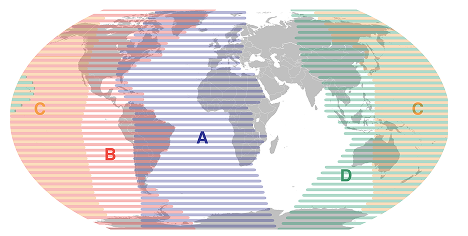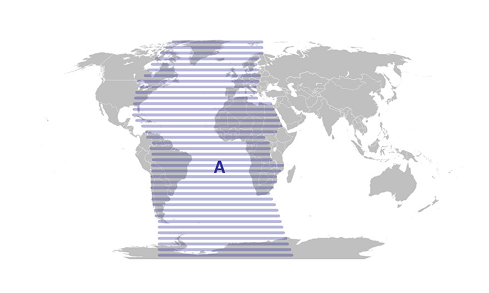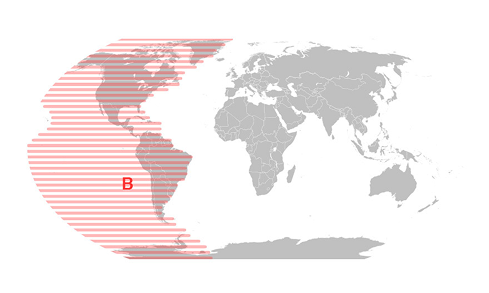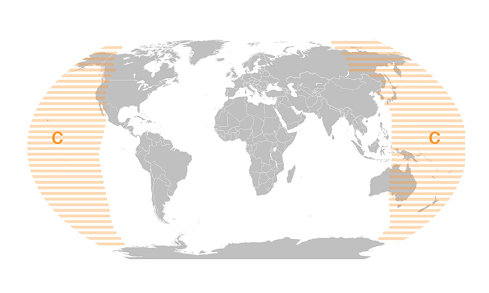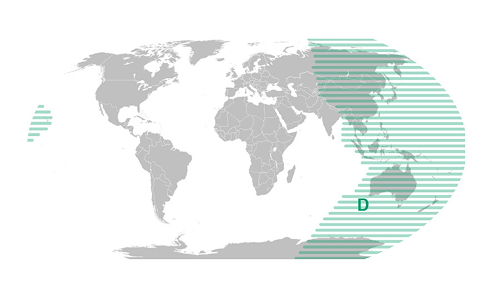The Human Condition, Jan 2026

The Human Condition, Jan 2026
Explore the fundamental patterns of defense we all employ to navigate relational pain in this guided online experience. Designed for working professionals, this course includes 40 hours of online video content (featuring the incomparable Kent Hoffman, Phd) along with readings, a course workbook and a trained Guide who conducts optional videoconference meetings to help you reflect more deeply on the content of each of the six sections of the course.
All times are in Pacific Time Zone (Seattle)
Join the Waiting List
COSP Facilitator Training
Trainers

Kristin Freeze
View ProfileDescription
Details
Description
Dive deep into the intricacies of human relationships with our immersive learning experience, The Human Condition: A Journey Through the Core Sensitivities with Kent Hoffman. In this transformative course, you will explore the fundamental patterns of defense we all employ to navigate relational pain, drawing from attachment research and the insights of James Masterson and Ralph Klein. Knowledge of the Circle of Security models is helpful but not required.
Guided by Kent Hoffman’s reflective teachings, you’ll engage with a rich array of multimedia resources—including videos, poems, readings and exercises—that bring the concept of Core Sensitivities to life. You’ll also listen to in-depth interviews of individuals who are separation sensitive, esteem sensitive or safety sensitive as they talk about how their patterns of defense have played out across their lifespans. This course offers a unique blend of self-directed learning and interactive reflection, designed to foster profound personal growth and deeper connections. Learners describe experiencing deep insight into their own life experiences and those working in human services can use this content to better understand relationships with others. Because this training is emotionally intense, however, it is recommended that individuals currently struggling with major life stressors and/or limited social support consider taking this course at another time. Over 35-40 hours and six live sessions spanning approximately fourteen weeks, you’ll embark on a journey of self-reflection and insight, supported by a trained guide and fellow participants.
Details
Any adult who seeks to understand themselves, and the Human Condition, better. (Note: those experiencing significant life stress who do not have considerable social support should defer taking this course.)
Emotionally rich video of Kent Hoffman, Phd culled from a live discussion-based professional training.
Reflect on how humans, who are wired to connect, are also wired to protect: from our earliest days we are conditioned to connect with caregivers and yet, as we develop, our interactive experiences influence the development of protective strategies in interpersonal relationships.
This course will take about 35-40 hours to complete between the self-directed learning and the 6 live sessions scheduled over 12 weeks. The video material will become available in segments, intentionally paced to fit with the depth of the content. We recommend making time in your schedule for both the content and deep personal reflection. Approximately 8 hours every two weeks should be sufficient.
Preliminary course work is required before the first live session. Access to the course content begins on 7 January (US).
The times shown in our official communications will be shown in Pacific Time (Seattle, WA). Please schedule your time based on your location.
US - Meeting Dates
- Meeting 1- January 21
- Meeting 2- February 4
- Meeting 3- February 18
- Meeting 4- March 4
- Meeting 5- March 18**
- Meeting 6- April 1 (2 hours) *
US - Meeting Times
- 10:00 - 11:30 AM Pacific time
- *Final Session meets for two hours: 10:00 AM - 12:00 PM
**March 8 Daylight Savings US | Daylight Savings time starts.
This may affect start times for attendees outside of the US. Please use this link to find your time. https://www.timeanddate.com/worldclock/meeting.html






